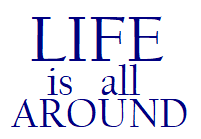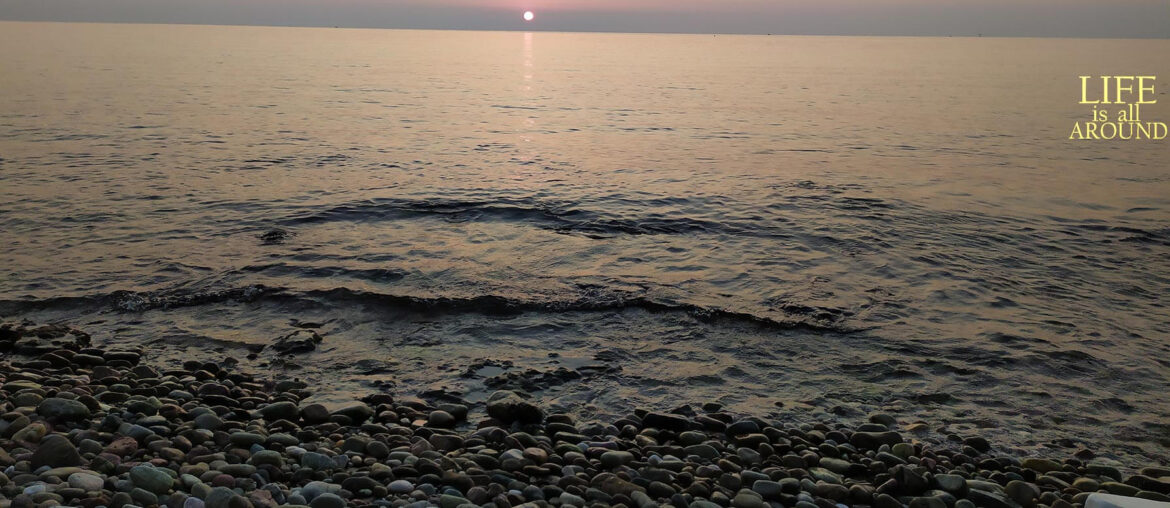Understanding the complexities of the world we are living in can often be too difficult. Because of the many factors at play, it can be hard to examine everything in detail and have a clear picture. Thankfully, history is there to help us understand how we got here in the first place.
The complexities of the present
Have you ever tried to imagine how the life of a policymaker would be? Since time and resources are limited, the policymakers have to make educated and clever decisions regarding the policies they would policymaker would be? Since time and resources are limited, the policymakers have to make educated decisions for the policies they would recommend.
Amidst all the uncertainty, they have to balance thousands of factors and interests in the final decision. In the past, most policymakers just picked a policy, for example, because it felt right, and proceeded with it. Now, every recommendation comes together with documents that show the policies make sense and can be effective.
There are dedicated teams that try to analyze and quantify everything. This fact shows how complex the real world can be. Especially when it comes to people and the hundreds of conflicting interests, you can never be sure of the current status.
And this is not only true for policymakers. Any attempt to understand current affairs and the way our world works would require a good amount of dedicated time and research. Of course, you will do so if you want to reach an objective and impartial conclusion. The other option would be to make a few assumptions about the world and hope that the assumptions you make are true and unbiased.
Understanding the complexities of the present
If your goal is to understand how the world works, it would be handy to have a few tools at your disposal. One efficient means of understanding the world is learning about history. In short, history offers us a way to make sense of the current status quo.
If you think about it, the present is just an outcome of the past. Although we cannot change the past, we can study it and learn how we got here in the first place. We can then use that knowledge to understand our world and make educated decisions when needed.
Remember that learning history is not about making analogies between the past and the present. Even if a situation looks very similar, there will likely be differences that demand a different approach. This does not only apply to history but also our relationships or business.
A successful action we took to solve a problem or better a relationship in the past does not mean we should always behave like that. A different action may be needed. History is there to help us understand the complexities of the present. It is then up to our judgment to act accordingly.
Takeaway
- Any attempt to understand current affairs and the way our world works would require a good amount of dedicated time and research.
- The present is just an outcome of the past. Although we cannot change the past, we can study it and learn how we got here in the first place.
- Learning history is not about making analogies between the past and the present. History is there to help us understand the complexities of the present. It is then up to our judgment to act accordingly.



